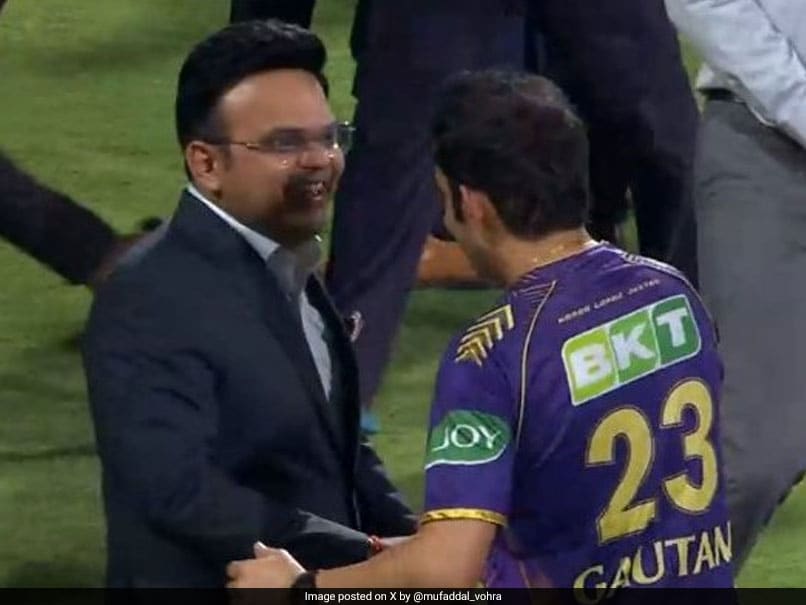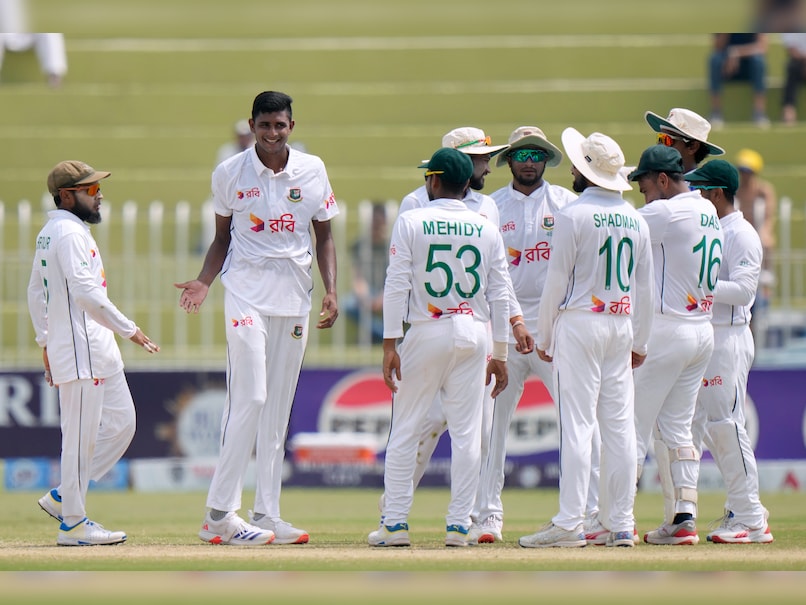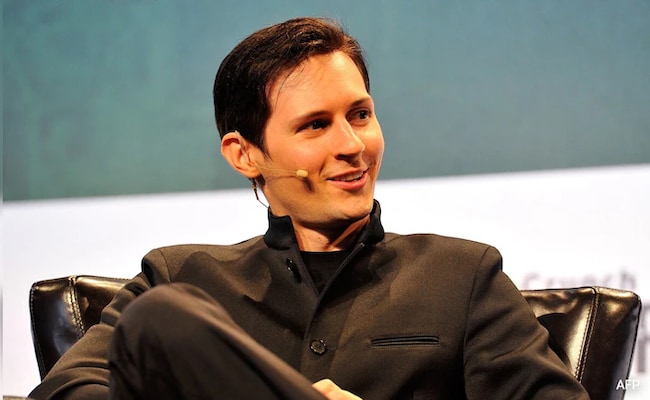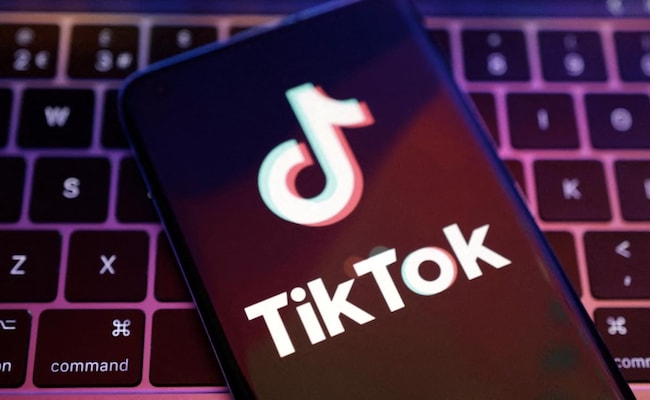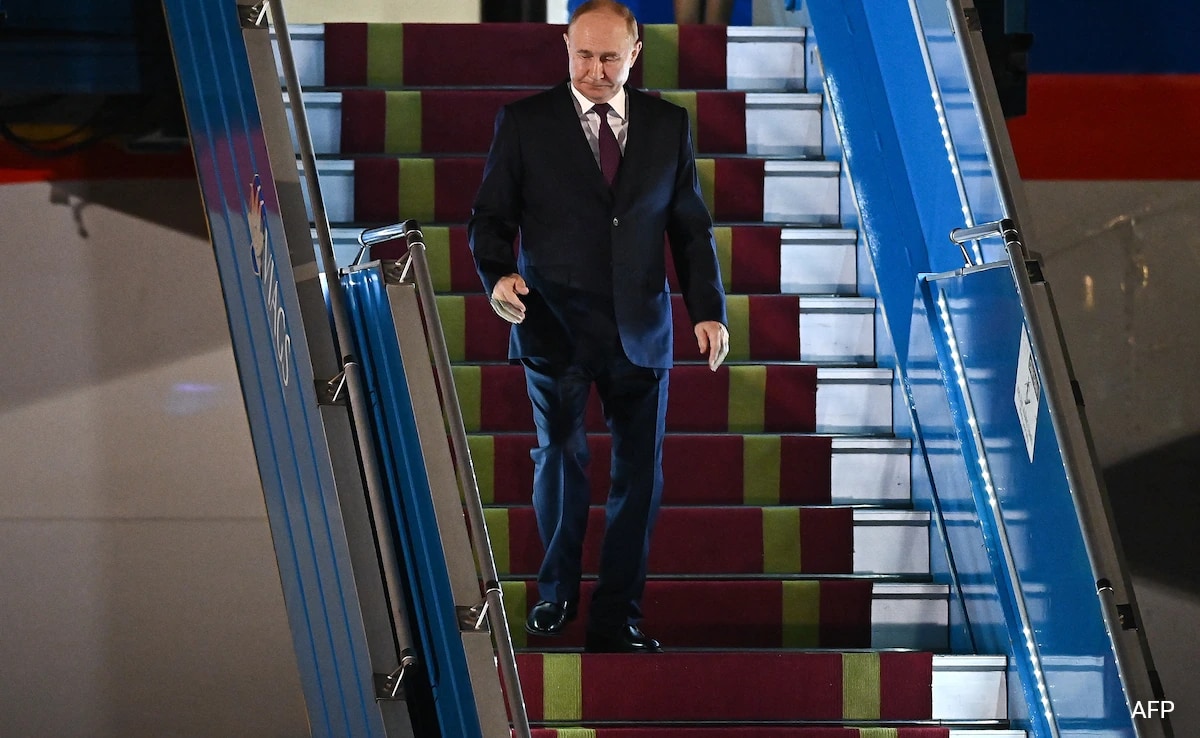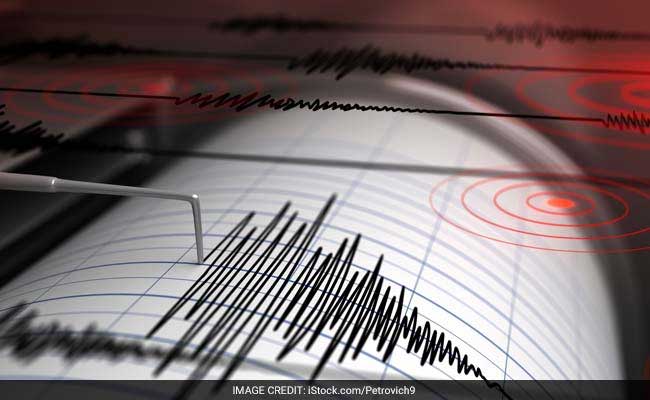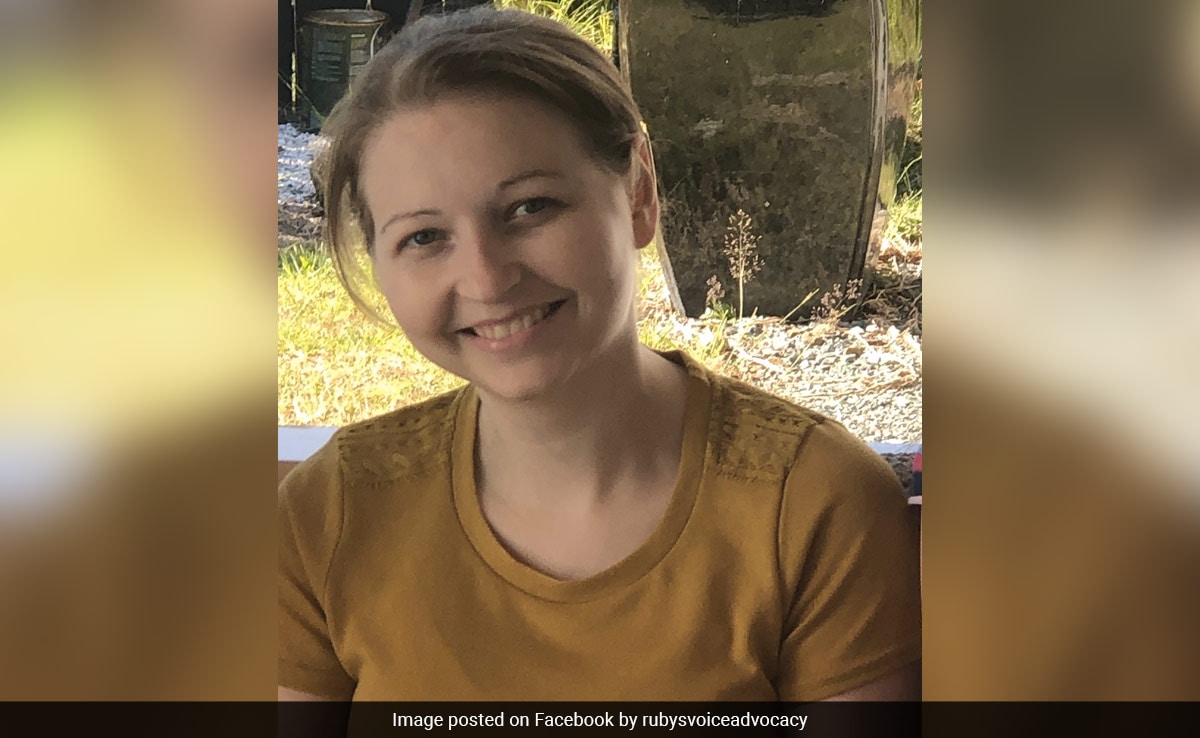Pavel Durov is suspected of allowing the posting of child sex abuse images, drug trafficking and fraud.
Paris:
The investigation into Telegram boss Pavel Durov who has fired a warning shot to global tech titans was started by a small cybercrime unit within the Paris prosecutor’s office, led by 38-year-old Johanna Brousse.
The arrest of Durov, 39, last Saturday marks a significant shift in how some global authorities may seek to deal with tech chiefs reluctant to police illegal content on their platforms.
The arrest signalled the mettle of the J3 cybercrime unit, but the true test of its ambitions will be whether Brousse can secure a conviction based on a largely untested legal argument, lawyers said.
In an unprecedented move against a major tech CEO, prosecutors argued that Durov bears responsibility for the alleged illegality on his platform, placing him under formal investigation on organized crime charges. He is suspected of complicity in running an online platform that allows the posting of child sex abuse images, drug trafficking and fraud.
Durov’s lawyer said on Thursday it was “absurd” for him to be held responsible and that the app abided by European laws, echoing an earlier statement by Telegram itself.
Being placed under formal investigation in France does not imply guilt or necessarily lead to trial, but indicates judges consider there is enough evidence to proceed with the probe. Investigations can last years before being sent to trial or dropped. Durov is out on bail but barred from leaving France.
Brousse’s unit began investigating Durov earlier this year after seeing his app being used for countless alleged crimes, and growing frustrated by the “almost total lack of response from Telegram to judicial requests”, Paris Prosecutor Laure Beccuau said on Wednesday.
Brousse declined to comment.
In an interview with the newspaper Liberation in January, Brousse said her office was overseeing a growing number of probes involving Telegram and rival messaging app Discord, adding that tackling crime on them was “one of my battles”.
Jason Citron, Discord’s CEO, did not respond to a request for comment.
Brousse’s J3 cybercrime unit is France’s most important, with a licence to prosecute nationwide. But it also is small, with just five prosecutors, well below the 55-60 cybercrime prosecutors in Switzerland, a 2022 parliamentary report found. With limited resources, they “prioritize the most serious crimes”, Brousse told Le Figaro last year.
Brousse said in a 2022 podcast appearance she wanted to be tough “so cybercriminals believe that if they attack France, they will be judged and punished very severely”.
“We want people to be prosecuted, either in their country … or in France through arrest warrants,” she said.
Her office was used to “extremely sensitive cases”, she added. “Sometimes, legal and geopolitical issues intersect.”
Patrick Perrot, who coordinates AI-assisted probes at the French gendarmerie and advises the Interior Ministry’s cyber command unit, said the J3 had been innovative in seeking to prosecute cases that set an international precedent.
“I think it shows that you can’t do whatever you want with these platforms,” he told Reuters. “It’s a real question for the future, because these platforms won’t stop multiplying, so the challenge of regulation is essential.”
TOUGH LEGAL GROUND?
Brousse has led the J3 since 2020, which has given her oversight of one of the most important – and controversial – French cybercrime cases ever.
In late 2020, the J3 took charge of the probe into Sky ECC, which alongside Encrochat was one of the main encrypted communications services used by gangsters to buy drugs and weapons, or murder rivals. A few years earlier, French, Dutch and Belgian police had hacked into their servers, which were housed in northern France, giving French prosecutors jurisdiction over many of the resulting probes.
There have been more than 6,500 arrests since the takedown of Encrochat in 2020, according to Europol, with the legality of the intercepts challenged in appeals courts across Europe.
Paul Krusky, the Canadian Encrochat boss, was extradited in February from the Dominican Republic to France, where he now awaits trial. Lawyers for Sky ECC’s Jean-François Eap are contesting his French arrest warrant.
Stephane Bonifassi, Eap’s lawyer, said his client was innocent, adding that “Sky ECC was not conceived as a tool for criminals, nor commercialized as such”.
Krusky’s lawyer, Antoine Vey, said his client was innocent.
“The service set up by Paul Krusky, like other services that have enjoyed global success, was only intended to protect the privacy and freedom of exchange of its users, and in no case to support criminal activities,” Vey said in a statement.
Two other French lawyers who have worked on Sky ECC and Encrochat cases told Reuters that these earlier probes gave prosecutors the ambition – and a blueprint – to target Durov.
Robin Binsard, who has fought Encrochat cases at France’s top court, said prosecutors would need to prove that Durov knew and approved of the criminality on the app, calling their argument “totally questionable”.
The fact that Telegram didn’t comply with law enforcement requests “does not automatically make one an accomplice to a criminal project”, he added.
Binsard said it was clear “France is pursuing encrypted messaging providers”, and that other operators of such apps, such as Signal, “should be concerned about whether or not they are in compliance with French regulations. Because the message is clear if they are not, legal action will take place”.
Signal did not immediately respond to a request for comment.
A source at the Paris prosecutor’s office said the Sky ECC probe had no links to the Telegram investigation.
(Except for the headline, this story has not been edited by NDTV staff and is published from a syndicated feed.)
Waiting for response to load…







